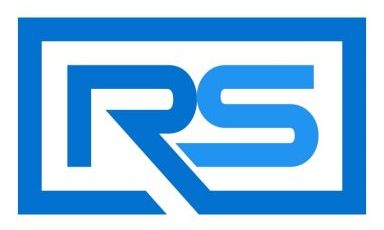We have discussed and blogged in the past about Florida’s vicarious liability and dangerous instrumentality laws, that in most cases, make an owner of a vehicle responsible for damages caused in an accident even if the owner wasn’t driving the vehicle at the time. These laws also apply to employers whose employees are driving company vehicles at the time of an accident. But how far does this theory of vicarious liability go? Can it apply to a car company or bank that is leasing a vehicle to a person who gets involved in an accident?
When someone leases a vehicle they are not legally the “owner” of the vehicle. The owner of the vehicle is technically the company that has leased the vehicle to another person for a certain fee and other agreements. In the Florida Supreme Court case of Rosado v. DaimlerChrysler Financial Services Trust, the ruling by the court was that liability normally does not extend to an owner who leases the vehicle to another person or entity. The Court relied on the Graves Amendment, which states that a car owner who leases the vehicle is not liable for harm that results from the use, operation, possession of the car during the term of the lease. The Plaintiff argued that if the person leasing the vehicle doesn’t have adequate insurance, that this should circumvent the Graves Amendment; however the Florida Supreme Court did not agree. The Court stated that, “In Florida, a lessor’s financial responsibility for the negligence of a lessee flows from its stats as the owner of the vehicle and Florida’s dangerous instrumentality doctrine, not form the lessor’s failure to purchase insurance.” So while the true owner of a leased vehicle is usually the car company or bank, the owner for the purposes of liability for damages from a personal injury suffered in car accident in Florida is the person who is leasing the vehicle.

